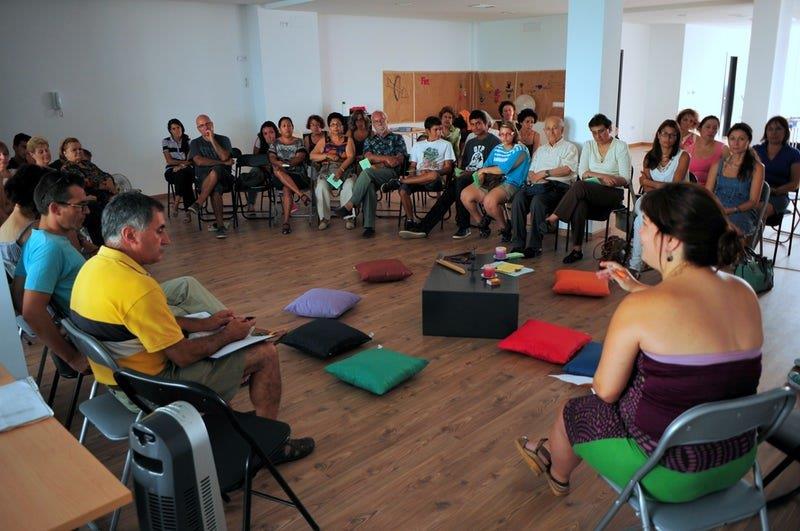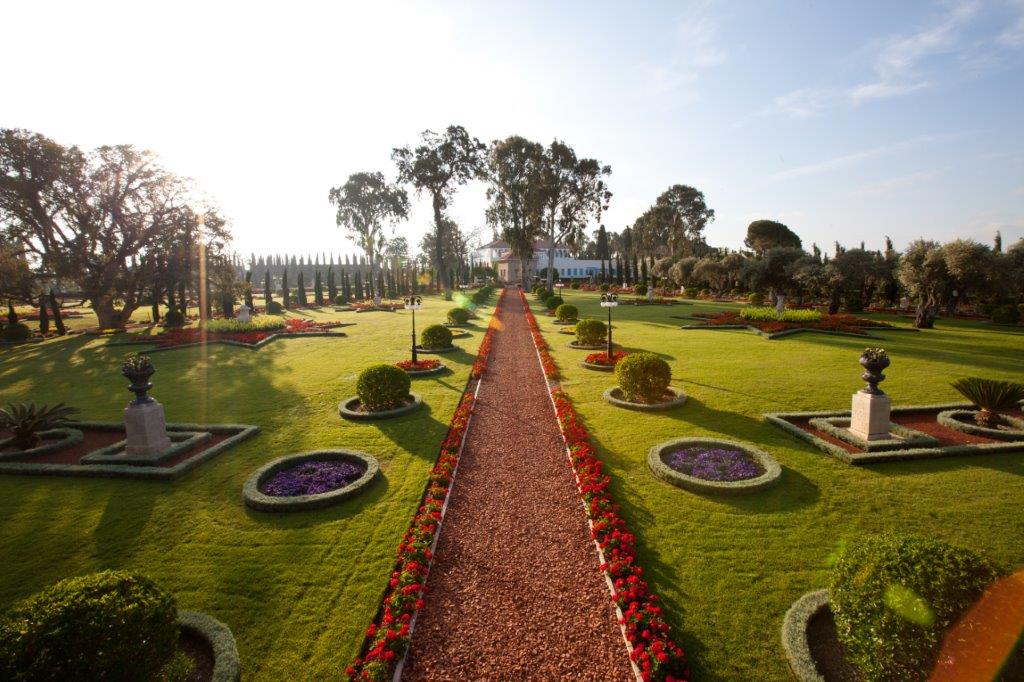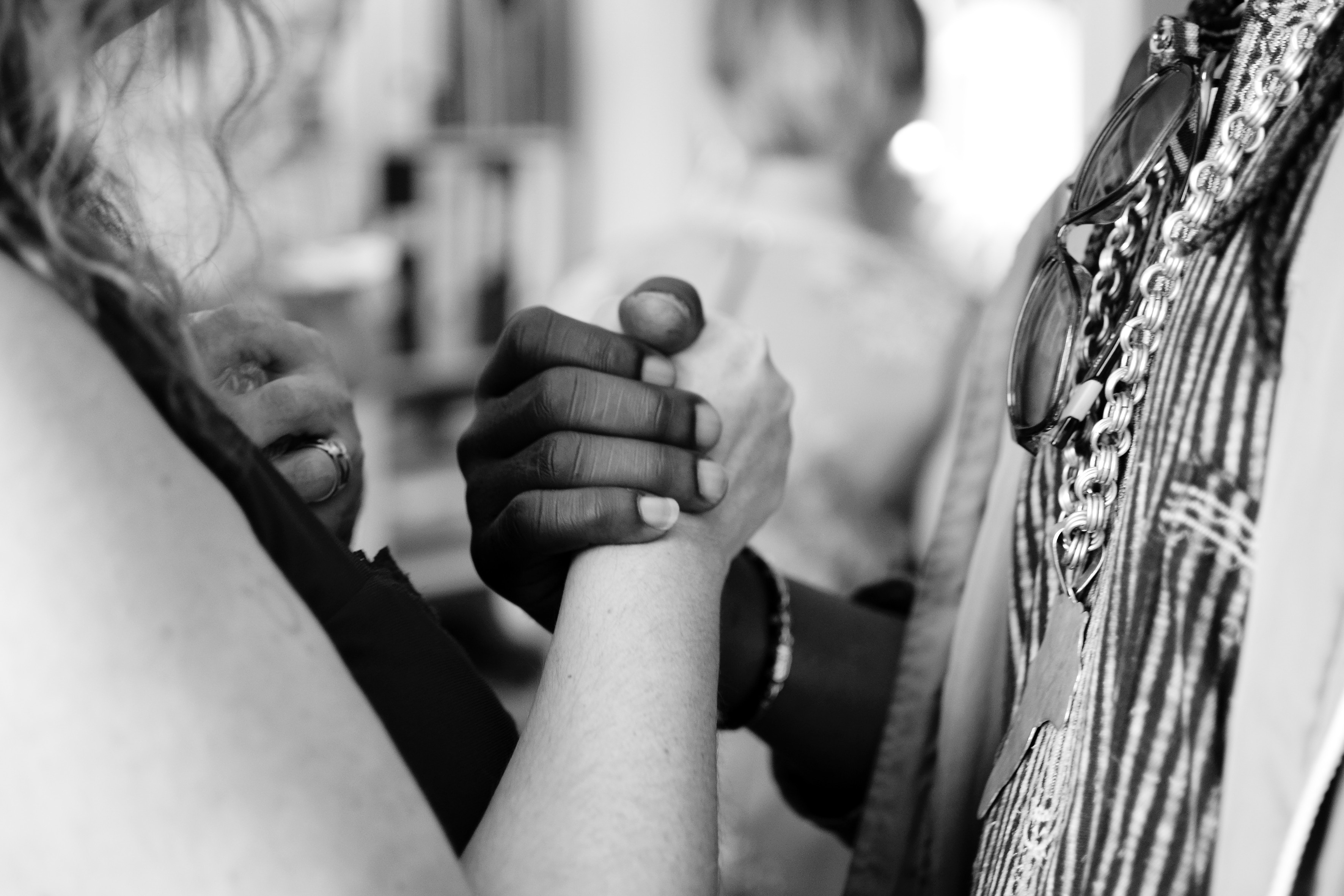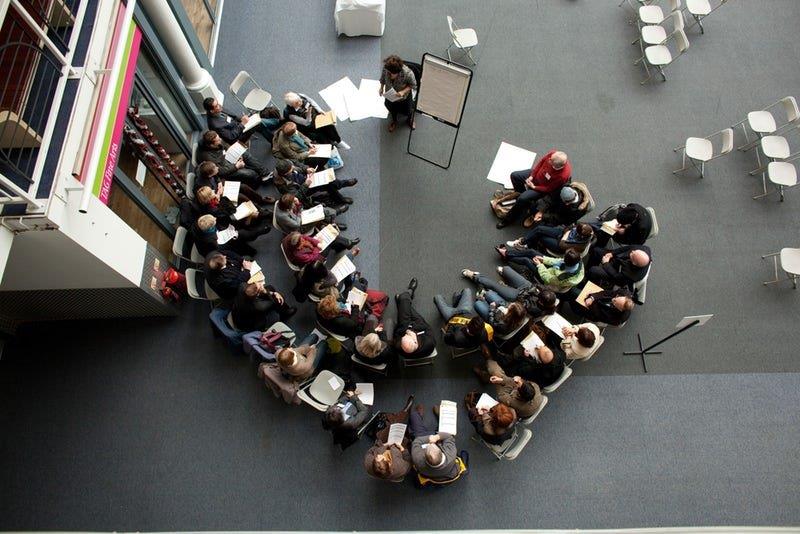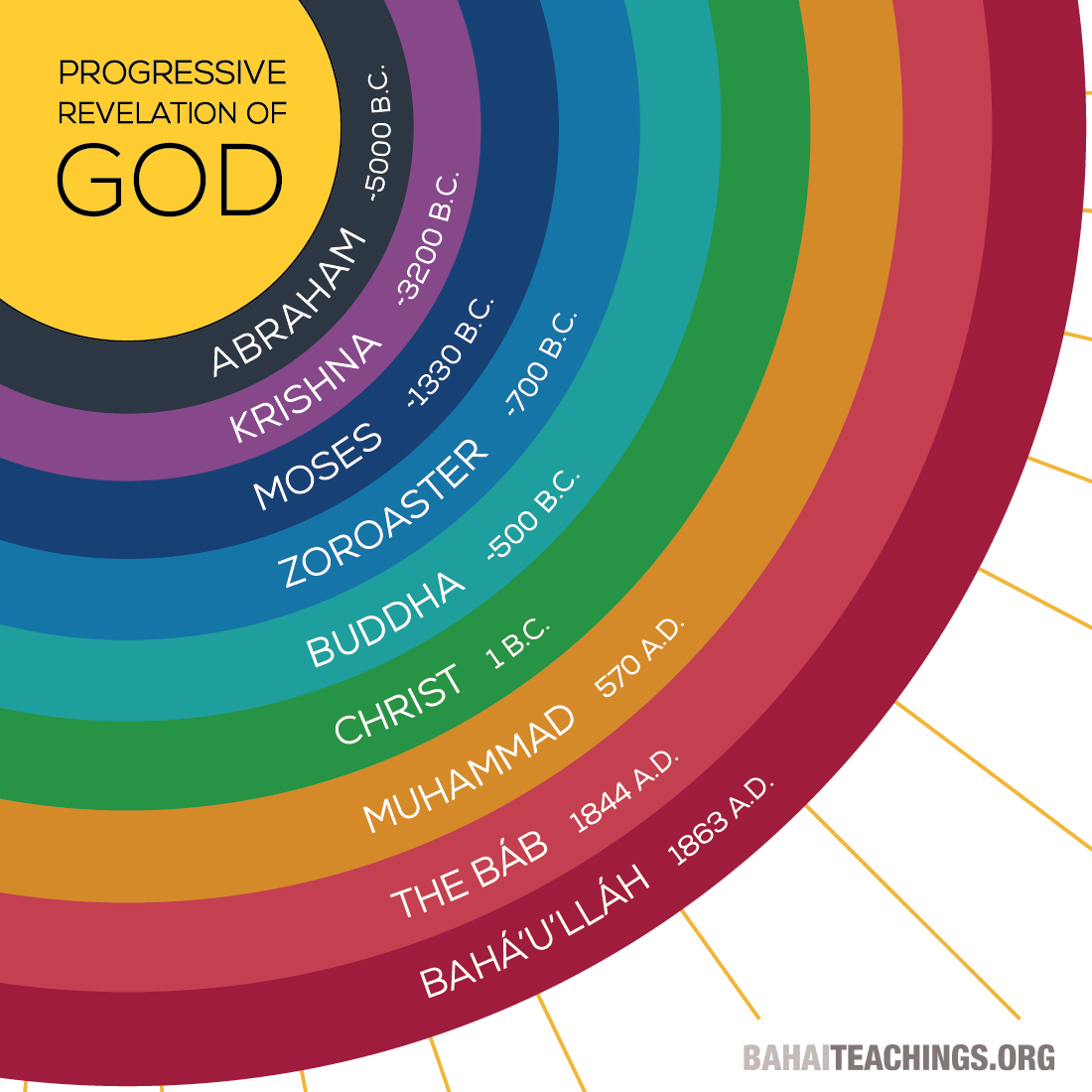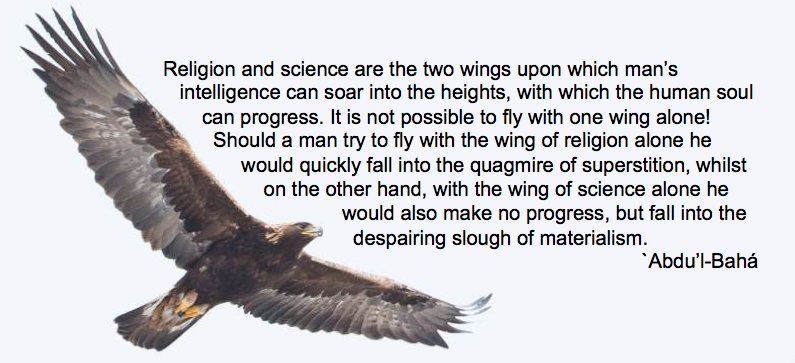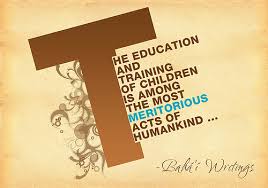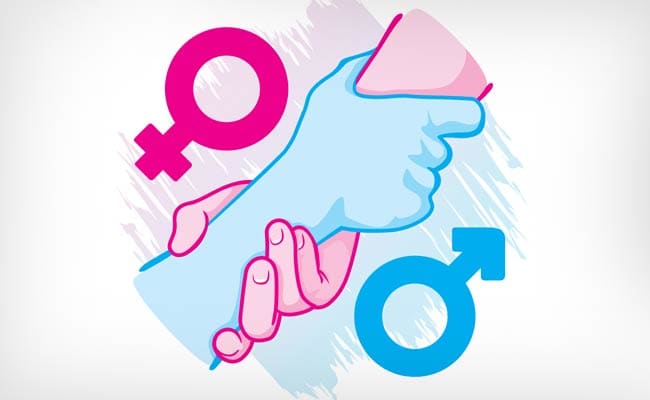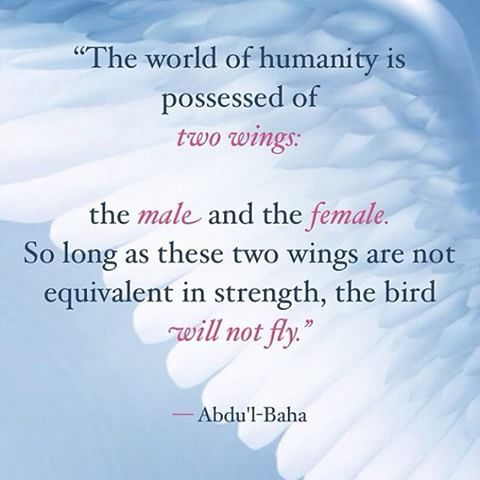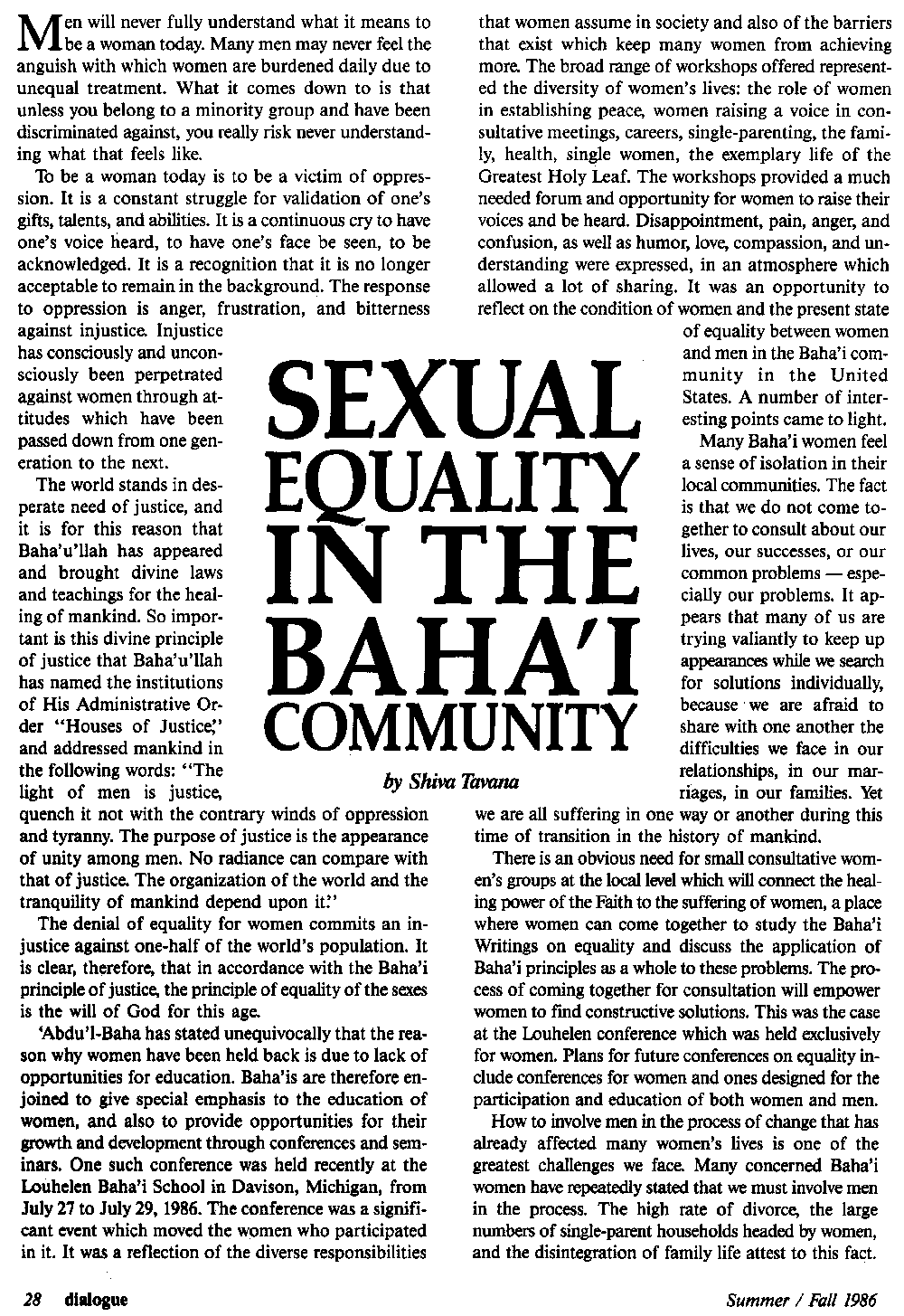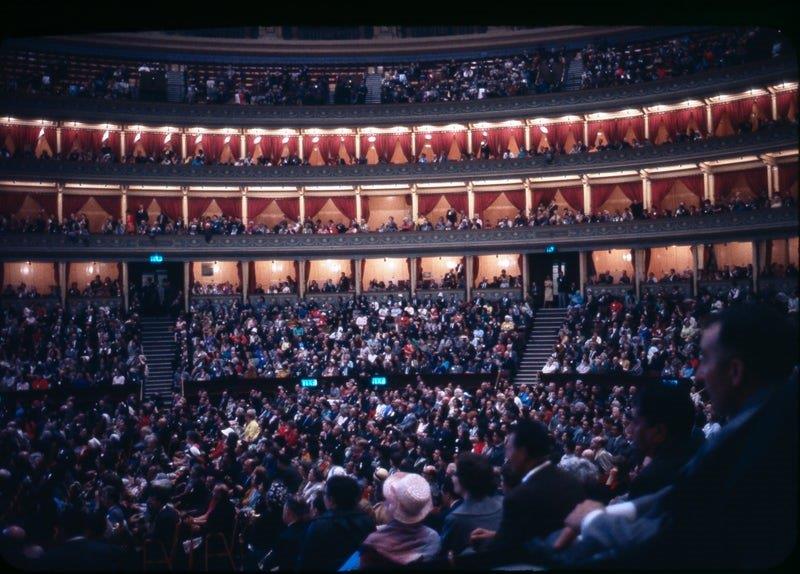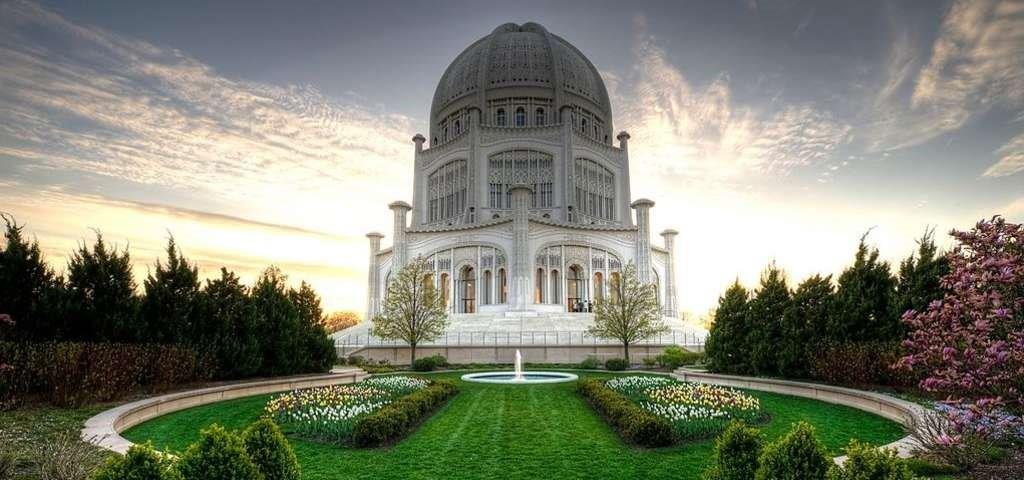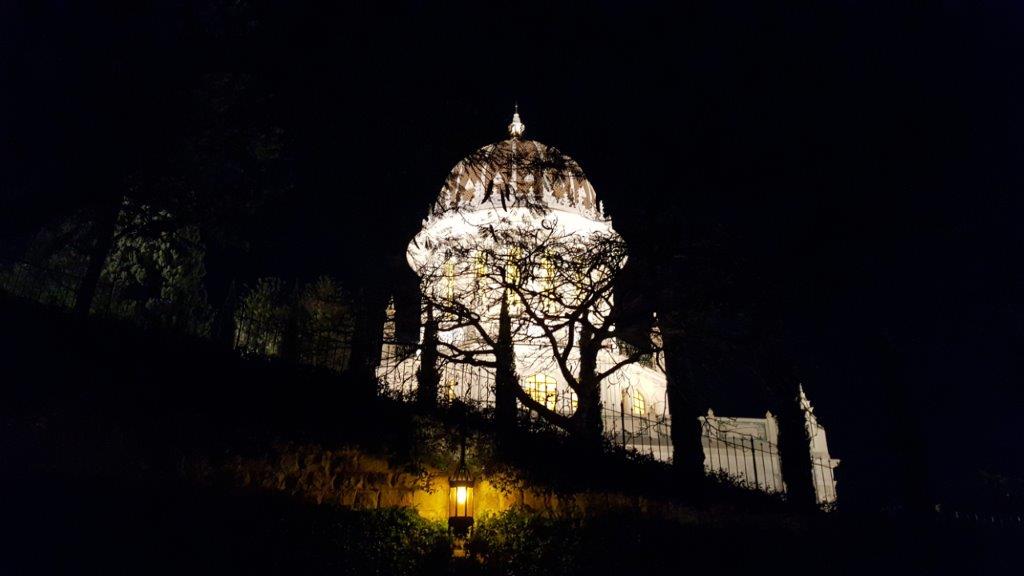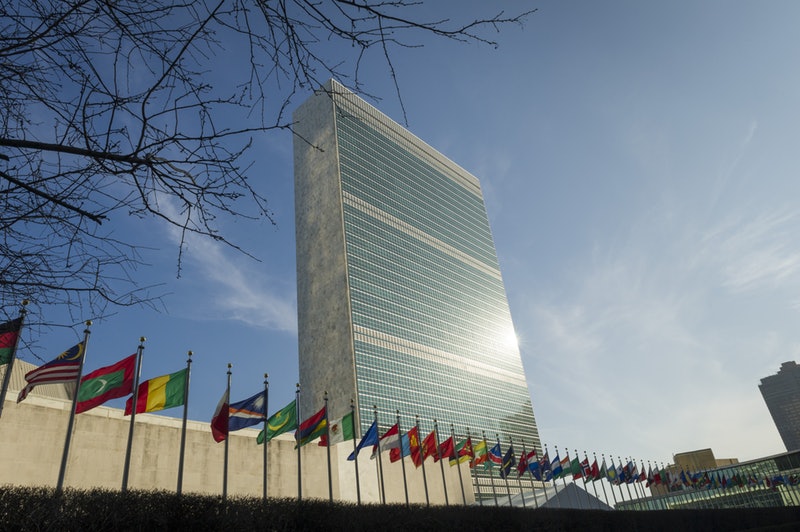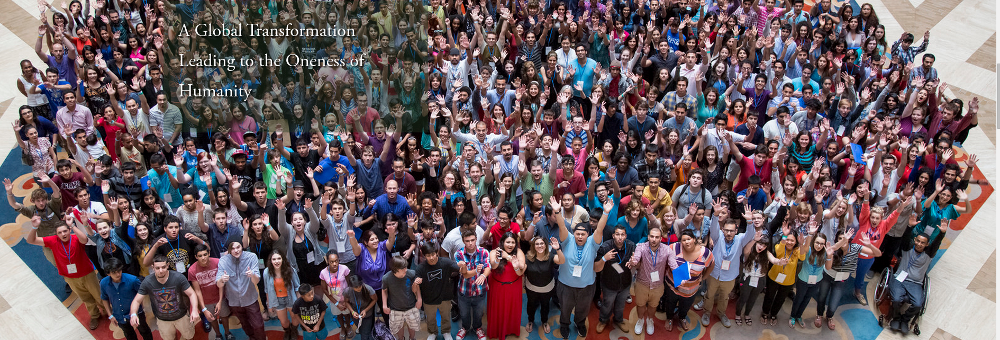Independent Investigation of Truth
The first Bahá’í principle is the independent investigation of reality. Not found in any sacred Book of the past, it abolishes the need for clergy and sets us free from imitation and blind adherence to unexamined, dogmatic beliefs. Bahá’í believe that no soul should follow ancestral or traditional ... Read more
Banishing Prejudice
Everyone has prejudices. Bahá’ís believe that people who want to grow spiritually must free themselves from their prejudices.
Whether religious, racial, ethnic, political, national, gender or class-specific, the Baha’i writings urge everyone to examine and make conscious efforts to eliminate: Read more
Oneness of Humanity
The entire structure and philosophy of the Bahá’í teachings revolves around the oneness of humanity. Bahá’ís believe that all of us come from the same ancestors; that we all have one common humanity; that we share our DNA and our heritage and our earthly home and our Creator. Read more
One Foundation for All Religions
Bahá’ís believe all religions come from the same source, have the same foundation and shine the same light on humanity.
In short, Bahá’ís believe in the essential oneness of all of the world’s great Faiths. The Bahá’í teachings focus on the new, rational and even radical idea that one God that has given humanity one faith throughout history brought into being by manifestations of God who ... Read more
RELIGION SHOULD CAUSE LOVE AND AFFECTION
Bahá’ís believe religion should cause love and affection, peace and harmony, kindness, generosity and unity. And if it doesn’t? Bahá’ís believe that no religion would be better:
Religion should unite all hearts and cause wars and disputes to vanish from the face of the earth, give ...
HARMONY OF SCIENCE AND RELIGION
For centuries the two most potent forces in human life — religion and science — have waged war.
Some leaders of religion have persecuted and even executed scientists, calling them apostates and heretics. And some of the proponents of science have attacked and reviled religions, calling them baseless and false. Bahá'ís believe that this fight must stop. Read more
A UNIVERSAL LANGUAGE
The legend of The Tower of Babel — one of the great mythical tales from sacred texts, epic poetry and the traditions of many different civilizations – describes a time when one human language became many.
In Western traditions this story of the confounding and diversity of languages comes originally from the Book of Genesis in the Torah, the Old Testament of the Bible.
UNIVERSAL EDUCATION
Bahá’ís cherish the ideal of universal education, with the goal of encouraging each child to contribute their talents to the peace, security and well-being of humanity.
Universal compulsory education for everyone — one of the essential Bahá’í Principles revealed by Bahá'u’lláh — calls on all societies and cultures to: ...
EQUALITY OF THE SEXES
Men have oppressed women for centuries.
Denied personal safety, independence, education, the vote, political power, property rights and even control over their own bodies, minds and destinies, women have suffered the consequences of inequality in most societies around the world since the beginning of recorded history.
WORK, NOBILITY AND WORSHIP
For Bahá’ís, work can be worship.
Bahá’u’lláh urged every person to learn and practice an art, trade, craft or profession for the good of themselves, their families and society as a whole. This principle, fundamental to the identity and the spiritual life of all Bahá’ís, calls each person to develop, train and perfect their art, craft, science or profession to the highest level of proficiency, beauty and ...
Abolition of Extreme Wealth and Poverty
All of the Central Figures of the Bahá’í Faith – The Báb, Bahá'u’lláh, and Abdu’l-Bahá – evinced an enormous level of care, sympathy and concern for poor people.
Bahá'u’lláh, raised in a family of wealthy noblemen and expected to take a lucrative position as a minister to the Court of the Shah, instead rejected that position and devoted the early part of ...
The Power of the Holy Spirit
Bahá’ís view God in a very non-traditional and unique way.
The Bahá’í teachings describe God as an unknowable essence, a Divine Reality far beyond the comprehension or description of the creation. While we can try to comprehend God, the Bahá’í writings say, God will always remain an unthinkable, ...
Human Rights for All
If all of human history had happened today, the concept of human rights for all would’ve been born about two minutes ago.
Scholars have determined that no language on earth even contained a word or phrase for the concept of human rights before the year 1400. In 1789, the first nations to adopt ...

